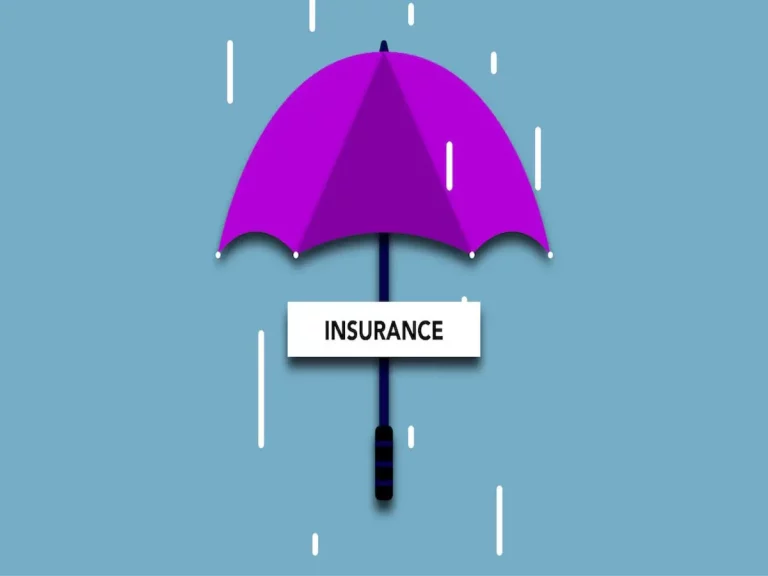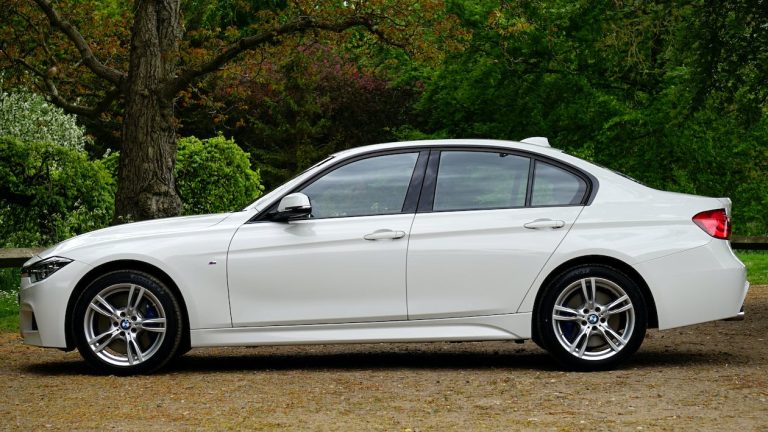11 Factors That Determine Your Car Insurance Rates
You bought a car because you need it to move from one place to another at your convenience. Life is filled with uncertain events. So what happens when an accident happens while driving? This means you need car insurance.
It’s a good thing that you are considering buying an insurance policy. I believe you also want to save on your insurance premiums. It’s awesome to have extra cash in your bank, and cutting down on your car insurance costs can totally boost savings.
Average car insurance rates
Forbes Advisor found that, on average, car insurance costs around $2,150 per year nationally. This covers everything from theft protection to damage to your own car in full coverage.
Their analysis shows that drivers with the bare minimum liability car insurance required by their state pay an average of $467 per year.
Breaking it down monthly, the national average for full coverage car insurance is $179, while minimum coverage comes in at $57.
Factors That Affect Car Insurance Rates
Car insurance companies take various factors into account when calculating premiums. Factors like your driving record, age, location, type of car, and coverage needs all play a role. Knowing these factors can help you to secure the best possible rates.
The following factors will determine your auto rates: These factors will help you save money on your insurance premiums.
1. Where you live
So, here’s the deal: your location plays a big role in your car insurance. Insurance rates differ in different states. In these states, your ZIP code is in the spotlight. Some places have higher odds of car theft, accidents, you name it. It’s just the insurance game, you know?
2. Your demographics
Car insurance rates can be influenced by your age, marital status, and gender. Even your job and whether you’re a homeowner can make a difference.
Insurance companies often identify individuals with specific behaviors as less risky, leading them to reduce the rates for these people. It’s all about weighing the factors to determine the level of risk.
Except that you are ready to tie the knot, relocate, change jobs to get cheap auto insurance rates, your demographics are difficult to change.
3. The car
Your car plays a big role in how much you pay for insurance. Flashier cars tend to rack up higher premiums because, let’s face it, they’re expensive to fix or replace.
Also, some cars are like magnets for thieves, more accident-prone, or a headache to fix because of rare parts or fancy materials. Cruising in one of these rides might come with a higher insurance rates.
If you want to buy another car, do yourself a favor by comparing the rate. You have a higher chance of saving on insurance premiums if you buy a car with lower insurance rates.
If you car is protected through safety features like anti-theft device, you stand a chance to get lower insurance rates.
4. Your Coverage
How much insurance you buy impacts what you pay every month. Usually, the more the coverage, the higher your premiums. Your typical car insurance package covers liability, collision, and comprehensive coverage.
Once you’ve got the basic car insurance as recommended by your state, you’ve got some freedom to customize the type and amount of coverage. This lets you have more control over keeping those costs in check.
If your car is old with a modest value, you could cut some costs by cutting or probably skipping collision and comprehensive coverage. If you own an older car, the payout might not make up for the coverage cost if it gets totaled in an accident.
5. Your deductible
After making a claim on auto insurance, the deductible amount is what you pay from your pocket before the insurer steps in. Increasing your deductible can cut your premiums since you’re shouldering a larger share of the cost if something happens.
6. Car Usage
The more you drive, the higher the chance of accidents, and that plays into your car insurance premiums. Furthermore, if you’re driving under 12,000 miles annually, there are chances that you might get lower car insurance rates. Some insurance companies in the United States provide pay-per-mile car insurance. Here, you are expected to pay a flat amount each month and an additional charge for every mile you drive.
7. Your Driving History
Staying safe on the road lowers your accident risk, and insurers check your driving history closely for rate calculations. If you have moving violations like DUI, overspeeding, or reckless driving, expect your premiums to increase. If your road offenses are more recent, they’ll hit your insurance costs harder.
Getting into an accident could increase your premiums, especially if it’s your fault. If alcohol was involved, brace yourself for hefty premiums, and getting auto insurance might be a challenge because no insurance company will want to work with you.
To cut down on insurance costs, stick to safe driving to dodge accidents and tickets.
Allstate even offers a discount for a clean record for 3 years or manages to steer clear of at-fault accidents and moving violations for the same period.
Esurance, along with some other insurers, uses apps to monitor your driving habits. These apps track things like speeding or abrupt braking to make sure you’re cruising safely.
Now, Root Insurance takes it up a notch by using an app to evaluate your driving during a “test period” and sets your premiums based on the discoveries of the test.
8. Your Claim History and Insurance Coverage
If you’ve had a gap in auto insurance or a history of lots of claims, insurers might hit you with higher premiums. Furthermore, if you’ve made many claims before, you’re likely to keep doing it, so they play it safe by charging more.
Keeping your car insurance consistent without any gaps can reduce the rate of your premium. Before making a claim, weigh your options wisely. If there’s another party involved, filing a claim is the way to go.
Furthermore, in the event of a minor accident like damaging your bumper after hitting a tree, it might be smarter to handle the fix on your own instead of risking a rate increase by filing a claim.
9. Discount Eligibility
Car insurers give discounts for various reasons. Going accident-free for a stretch or not making claims can earn you a discount. If you bundle multiple policies or insure more than one vehicle with the same company, they’re likely to reduce the rates too.
Insurance companies might dish out discounts based on age, like for teens or elderly people, and for completing driver safety courses. Take AAA, for example; they offer students discounts for hitting a GPA of 3.0 or even higher.
Don’t forget to check with your employer or the groups you’re part of, as they often qualify you for car insurance discounts. If you are driving an alternative fuel car, some insurance companies, like Farmers Insurance, will give you a discount.
10. Your insurance company
Shopping around for the best insurance quotes is beneficial because insurers charge different rates for the same coverage. Get quotes online from various companies to compare. Bonus: Some carriers, like Liberty Mutual and Progressive, might offer you discounts just for getting those car insurance quotes online.
While aiming for a good deal, don’t solely chase the cheapest option. When it’s claim time, you’ll appreciate an insurer that’s reliable and easy to deal with. Before buying an auto insurance policy from an insurer, research the company’s ratings and what their customers are saying about their services and mode of operation.
11. Your credit score
In most places in the United States, except California, Massachusetts, Michigan, and Hawaii, where it’s restricted, insurers can factor in your credit when calculating your auto insurance rates.
Even though it’s a different score from what lenders use, like your FICO® Score☉, the credit-based insurance score takes into consideration similar factors, such as payment history and account balances. What we are saying here, in essence, is that a solid score means lower insurance premiums.
Before you really start shopping for car insurance, it’s always right to consider your credit score. Understand how your credit score can have a negative or positive impact on your car insurance.
If you think that your credit score can reduce your car insurance rates, here’s a checklist for boosting your credit score:
- Stay on top of your bills to build a positive payment history.
- Keep those credit card balances in check and aim to clear them each month.
- Avoid opening too many new credit accounts all at once.
- Check your credit report regularly for errors, and dispute any inaccuracies you spot.
- Lengthen your credit history by keeping older accounts open.
- Diversify your credit mix by having a mix of credit cards and installment loans.
- Don’t close unused credit accounts, as it can impact your credit utilization ratio.
- Set up automatic payments to ensure timely bill payments.
Conclusion: Factors That Determine Your Car Insurance Rates
Among all the factors that can affect your auto insurance rates, there are some that you have no power to control. However, there are some that are totally in your control. When you understand these factors, you can get the best car insurance coverage at the best rates.






